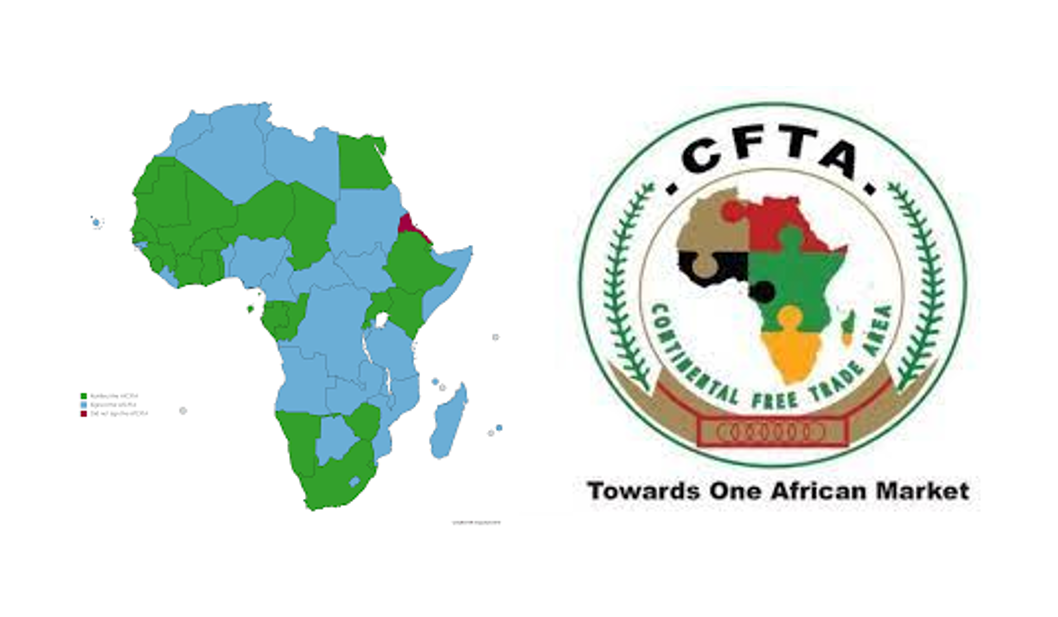By Walcott Aganu
“Given the scale of trauma caused by the genocide, Rwanda has indicated that however thin the hope of a community can be, a hero always emerges.” Wole Soyinka
Twenty-seven years after the Rwandan genocide that killed over 1 million people, Rwanda has risen from a devastated nation to what is seen as a “model and miracle” of development. When Paul Kagame became Rwanda‘s president in 2000, he inherited a country that had been torn apart by genocide. To rebuild it, he had to rely on mostly uneducated guerrilla fighters and a handful of ill-trained cadres. Even the most optimistic of analysts doubted his chances.
But 21 years later, the country is stable, prosperous, unified and, in large part, reconciled. Social services, such as education, healthcare, housing and livestock are provided to the needy, with no distinction of ethnicity or region of origin – two forms of discrimination that characterised the governments leading up to the genocide against the Tutsi, which Kagame, as leader of the Rwandan Patriotic Front (RPF), brought to an end.
Born in southern Rwanda in 1957, Kagame’s parents fled the country during anti-Tutsi pogroms when he was two years old. When he returned to Rwanda as leader of the RPF, the country’s coffers had been looted, an estimated 800,000 Tutsis and moderate Hutus had been killed, the survivors were traumatised, the killers fearful of retribution and the returnees destitute. Rwanda was a failed state by any measure.
Twenty-seven years after the genocide, the wounds are slowly healing. Survivors still see Kagame as the guarantor of their existence. He pardoned the perpetrators and set the country on a journey to unity and reconciliation.
Kagame has been tough in his style of governance; intransigent on corruption, populism and divisive speech. Politicians with hate-charged rhetoric have consistently faced harsh sentences and lengthy prison terms. Speech is regulated to prohibit ethnic prejudice while democracy was trimmed and tailored to the peculiar predicament facing the Rwandan people. This was necessary to instal a new “governmentality”
President Kagame’s leadership with its impact on the lives of 12 million Rwandans has made him a rising star among his peers. Former British Prime Minister Tony Blair once called him “a visionary leader.” Former US President Bill Clinton was even more effusive, referring to him as “one of the greatest leaders of our time.” Nigerian Nobel laureate Wole Soyinka said of Mr. Kagame: “Given the scale of trauma caused by the genocide, Rwanda has indicated that however thin the hope of a community can be, a hero always emerges.”
African youth are enthusiastic about Kagame. It is not uncommon to see calls on social media for Kagame to be “borrowed” as president of their respective countries, even if just for a few months to “fix things.”
This week as Rwanda and the world marks the 27th anniversary of the Rwandan genocide, Paul Kagame is ALM African of the week for his outstanding achievements in setting Rwanda on the path of development and unity. He has indeed raised Rwanda from the ashes to greatness.


